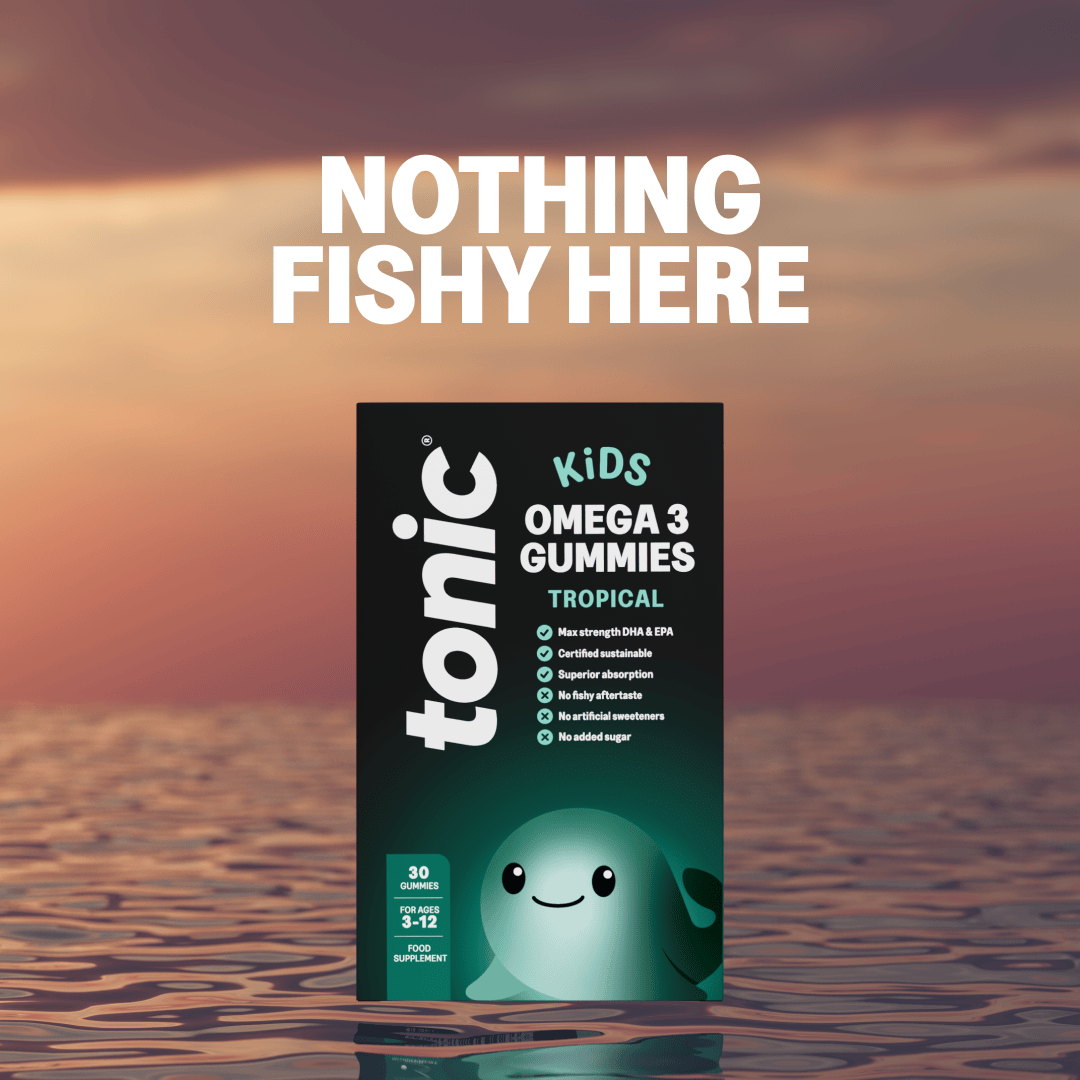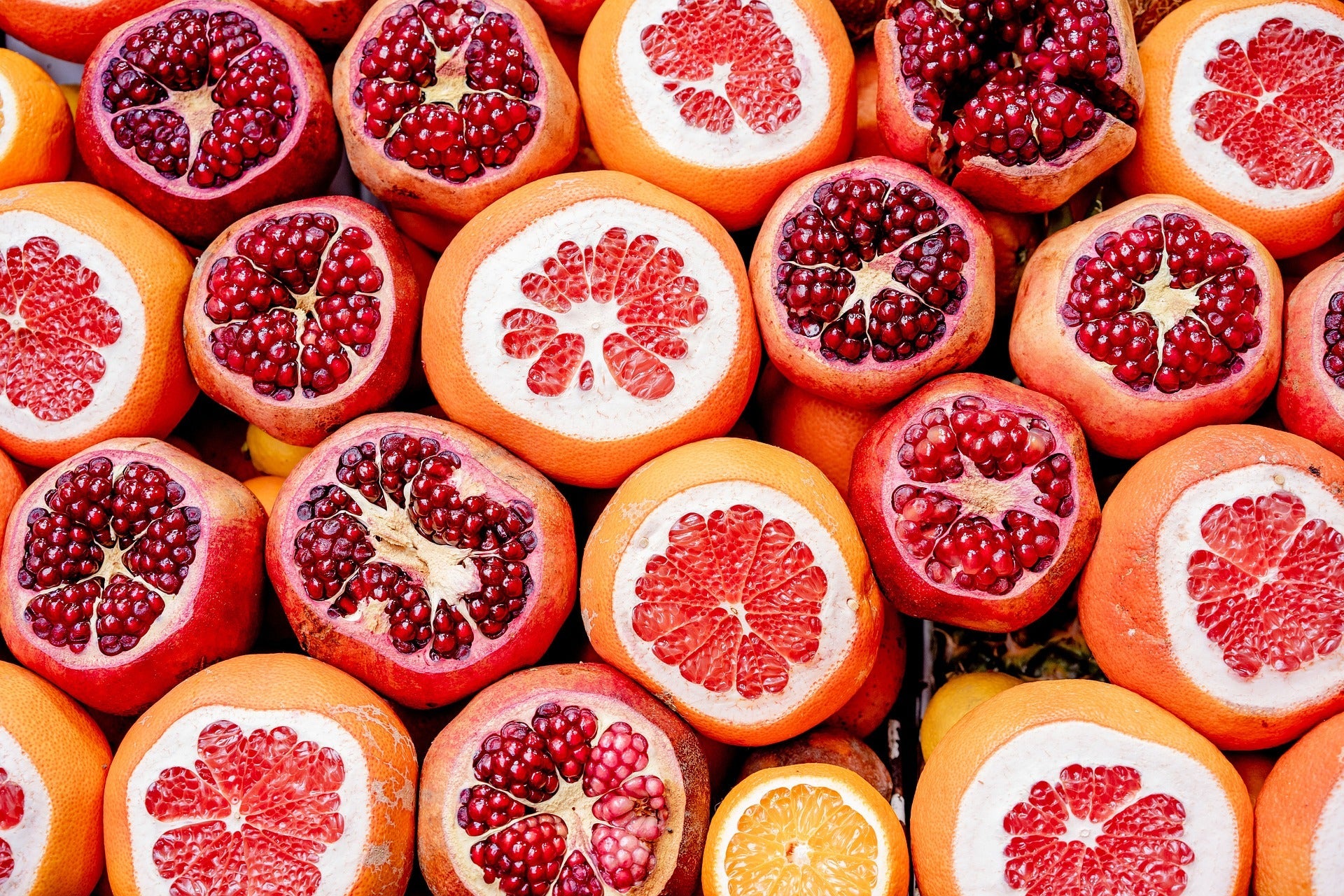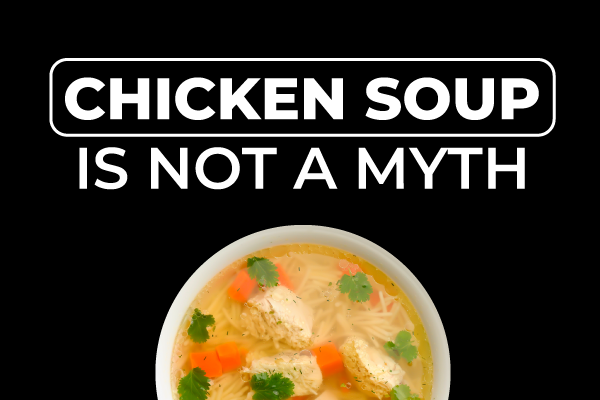0.8g protein x body weight (kg)
That’s the Recommended Daily Allowance (RDA) or minimum amount of protein we should be eating or drinking each day. So, if you are a 70kg adult -- this would mean 70 x 0.8 = 56g of protein a day.
What does this look like?
- Breakfast: 2 poached eggs with toasted sourdough (12g)
- Lunch: Turkey, cheese & tomato sandwich on whole wheat bread (20g)
- Snack: 1 small apple and 1 Biotiful Kefir Drink (4g)
- Dinner: Grilled chicken breast with greens (20g)
Total: 56 grams of protein
Note, that protein intake is spread throughout the day and not packed in at the end of the day with a huge steak dinner. Sources are also mixed up, so that amino acid intake is diversified. This is especially important if you eat pre-dominantly plant-based.
Optimal protein amounts will vary from person to person depending on their health and goals. For example, an athlete should consume 1.2 - 2g of protein per kg of body weight and a pregnant or breastfeeding woman 0.88 - 1.1g of protein per kg body weight.
For a full list of protein by food groups, have a look at this link from the British Nutrition Foundation.
Top reasons we should eat protein
In the developing world, it is rare to have protein deficiencies, but we should turn up our protein consumption for these reasons.
The immune system is made up of a complex network of cells, tissues, and organs that work together to defend the body against infections and other foreign invaders. Some of the key components of the immune system, such as antibodies and immune cells, are made from proteins. When you are sick, your body needs more protein to help fight the illness and repair damaged tissues. So, up your proteins and skip the sniffles this winter.
2. Help maintain weight loss
Protein keeps you full for longer and might help you keep your New Year's weight loss resolution! High-protein foods are more satisfying than those tempting carbohydrate or sugary ones. These give us blood-sugar roller coasters and make us feel more hungry than before we started eating. Proteins also help regulate hormones like as ghrelin that control hunger and fullness. This is really powerful. One study even found, that when overweight women eat 2x their regular protein intake (an increase from 15% to 30%), they ate 441 fewer calories every day.
3. Boost metabolism & fat burning
Eating protein can increase your metabolic rate, because our bodies require more energy to digest them vs. carbs and fats.
Protein is especially important post workout 🏋️♂️ for repairing and rebuilding muscle tissue. Continuing to eat good amounts of protein when you are dieting will also prevent you from losing muscle and increase your fat burning.
@tonichealth Let’s take a look at some of the best protein options on the market ✨🛒
♬ original sound - Tonic Health 🍊
Protein bars, shakes & drinks?
Check out our protein shopping guide including protein bars, shakes and drinks, the brands we think are best, and where you can buy them!

Here's a quick summary:
- What to look for when you need a protein fix
- What to avoid
- What brands are best
- Where you can find them in your go-to supermarkets (like Tesco, Sainsbury's and more!)
It's free to download. Click this icon to see it 👉📑
What about whole food options 🥜 ?
Whole foods are often considered to be the healthiest option, because they provide a variety of nutrients and are generally lower in added sugars, salt, and unhealthy fats. Sunna's top picks are:
- Greek yogurt: A good source of protein, as well as calcium and other nutrients. 200g serving = 12.4g protein 😊
- Nuts: Portable and easy to pack, they are a good source of protein, healthy fats, and other nutrients. 25g serving = 4.5g protein 😊
- Beef jerky: High-protein and and great for on the go. Just be sure to choose a brand that is made with high-quality ingredients and is low in added sugars and sodium. 30g serving = 8.1g protein 😊
Click here for more protein-rich foods for on-the-go or to use as ingredients in your meal prep.
Final Thought
Protein can be your best friend this winter. Add more of them to your diet and loose winter pounds -- all while helping your immune system do its job.
Have any thoughts to share or questions for Sunna, Tonic's Founder? Email him on sunnavankampen@tonichealth.co. 😊






1 comment
Gurjeet Gill
Great post!
What are your thoughts on mass gaining protein powders? My son is 16 and 5’11, always slim and is desperate to gain weight and train. Struggling to find anything clean for him …
Leave a comment
All comments are moderated before being published.
This site is protected by hCaptcha and the hCaptcha Privacy Policy and Terms of Service apply.